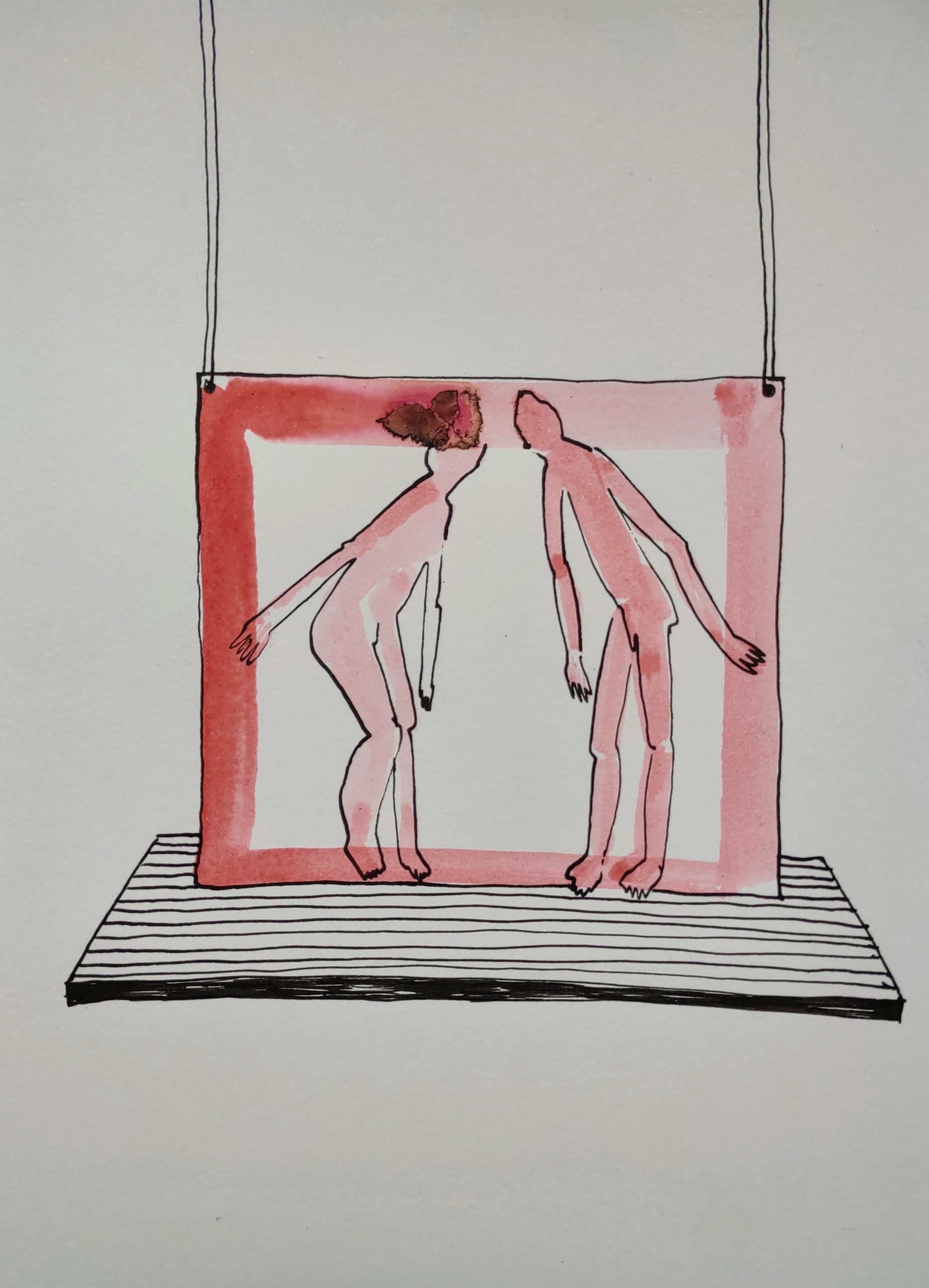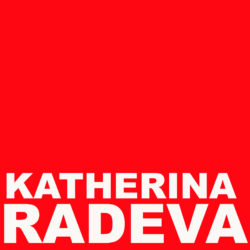Earlier this year I crossed the midpoint. A midpoint for me.
I am 35 and I am from Bulgaria. I am Bulgarian (an ethnos of South Slavs,Thracian,Turks or locally known as Pomacks and Roma) holding a Bulgarian passport. A European Bulgarian passport. It’s red and it has a chip in it so I can go through those fancy automated gates at immigration desks on arrival at various European cities.
I was born in Plovdiv, with its beautiful old name of Philippopolis, a future European capital of culture in 2019. I am, I must say, very proud of that. It’s a small city of extreme beauty famous for its culture, a melting pot of visual arts, theatre and folklore; a large open air Roman theatre which is very well preserved; and the stunning architecture of the old city. It is also known for the problems around segregation of the Roma ethnos community, the dramatic closure of all of the old Turkish baths, and a glorious mosque bang in the centre of town — literally built on top of what used to be the entrance of the Roman Stadium. Plovdiv is probably the most diverse city in Bulgaria!
Stop with the bragging! I am currently sat on a plane, mid-air, flying, flying to Bulgaria. A thing I have been doing for the last eighteen years. And since 2008, I have had the privilege to travel all over Europe freely, without a visa, whenever I need or want.
I say a privilege because it is exactly that!
Born in 1982 — the year Michael Jackson’s Thriller and Kate Bush’s Dreaming came out and in Bulgaria the big cinema hit Band with No Name came out — I was raised under an authoritarian regime of the Communist Party. The Prime Minister at that time had been in power since 1954, a year before my dad was born and eight years before my mum was born. So I and my parents were born under the same political regime, under the same political party and under the same Prime Minister of the Republic and General Secretary of the Central Committee of the Communist Party.
I was about two when my mum and dad went on holiday to Germany — East Germany, to Dresden via Yugoslavia (now Serbia), then Czechoslovakia ( now the Czech Republic and Slovakia) and Poland. It was just before Christmas and they brought me back brown corduroy dungarees and Polish leather boots. On the way back, they stopped by the Corecom and brought back Toblerone. This not simply a journey or a trip but an experience of a lifetime.
In those days, back in the 80’s we, I, the common Bulgarian, couldn’t travel easily beyond the Borders of our country. If you were high up within the Party membership you could visit other communist states but travel outside the Soviet Union was almost entirely unimaginable. It was impossible.
Then ‘89 came. I was 7. Travel was still unimaginable, impossible, but no longer because of the borders. Lots of the middle class and wealthy Bulgarian families emigrated: to Germany, Australia, New Zealand, the United States to name a few. They were ready, prepared; the wall came down and they fled. My family, whilst having the foresight, didn’t have the finance. So, many years went by, the country was struggling with inflation, corruption (still very much a problem, more on a governmental level, then the common police bribery) and poverty.
We lived through that. In the 90s I was a teenager and more things felt possible. The first time I traveled abroad was visiting Istanbul with my parents, I must have been 14. The second time I traveled abroad was when, in 1999, I went with my class from the High School for Fine Arts, to Prague in the new Czech Republic. It was extremely exciting. The first time I visited the Prague Quadrennial I was 17 and I didn’t really know I would become, amongst other things, a set and costume designer.

My parents began to travel a little more, to Turkey, to Greece, to Serbia, to Croatia; on rare occasions to northern Italy or to Germany, the western parts. It was a time of possibilities. As cultural workers, my parents were part of many cultural peer exchanges, cross border programmes between artists unions in the old Soviet Block.
In 1998, I came to England, for the first time. I remember my English teacher queueing outside the British Embassy in the bright spring sun for our visitors visas. I don’t have a copy of my first visa to the UK but I so wished I did. Then in 1999, I came to England to study for a year. One thing lead to another and I stayed behind. Ambition got the better of me. Or capitalism. Or both!
I went to Wimbledon School of Art, then an independent institution, now a part of the University of the Arts London. I paid what overseas students paid! I had no loan, I worked every weekend from the second week I arrived in London in my first year. I made friends, I fell in love, I kept working: both the paid work which meant I could live, and the artistic work which kept me going.
I spent many years, during all seasons, traveling back and forth, and many hours queueing at the British Embassy in Sofia. My identity, my motifs, my moves, my jobs, my work was all scrutinised. I remember clearly one of those times: a while after my wedding, Bulgaria still outside the EU, I was applying for a spouse visa. A grilling interview in which every word I said had to be proved. Having to show photos of my wedding, legalised documents, proofs, character references by people I worked with back in London. Quizzed by my choice of church where the ceremony was held and best of all, how many times had my then husband visited, did he understand my culture, what did he think of the food? Although he was sat outside the interview room, he was not allowed to join me. Frankly, I had no freaking clue if he liked the food, to me it seemed a strange question I did not know the correct answer to. Then I waited a few days. My life in the hands of others.
Then in December 2007, I travelled to Bulgaria, to stand on the central square in Sofia to countdown the seconds which welcomed Bulgaria at the European Union. Boom: 2008! In the same square, I remember marching in the freezing cold, nineteen years earlier, next to my mum and dad in celebration of the fall of the Berlin Wall and the fall of the dictatorship my family and I were all born under.
Since 2008, I have travelled within Europe quite a lot. I have loved and cherished rail trips, overnight Eurolines coach journeys, flights. I started to approach the immigration booths with a little more confidence and a little less fear. I smiled, wished the people at immigration a nice day.
Now, it feels like a right. A human right to be able to move freely. A privilege I have become used to, a privilege which sees me now going to Venice, Brussels, Edinburgh, London and Sofia in the space of just three weeks. I have favourite airports, favourite cafes in those airports and a speedy way of negotiating manoeuvring at various ports.
I have also grown to love the in between, the between places and counties, between cultures and languages. I have grown to love the act of travel.
Earlier this year, on my way to Dublin to lead a DIY project On Otherness and Othering I was asked if I needed a visa to flight to Dublin. I replied sharply that, as a European citizen, I didn’t! But perhaps, soon, again, I will need a visa to visit the place I live and work and the people I call my friends and the one I love.
I am 35. In my lifetime so far I have seen dictatorship, post communism, failed capitalism, neoliberalism, populism and Brexit-ism. My life continues to be its own journey of negotiating and manoeuvring between the power of borders, barriers and in-betweens.
My life in the hands of others, your life in the hands of others. Our lives in our voting hands!
PS — Mentioning voting reminds me it was Theresa May who, as Home Secretary, abolished the UK Border Agency in 2012 and introduced Border Force. What do those words mean as we wait to approach the desk?


